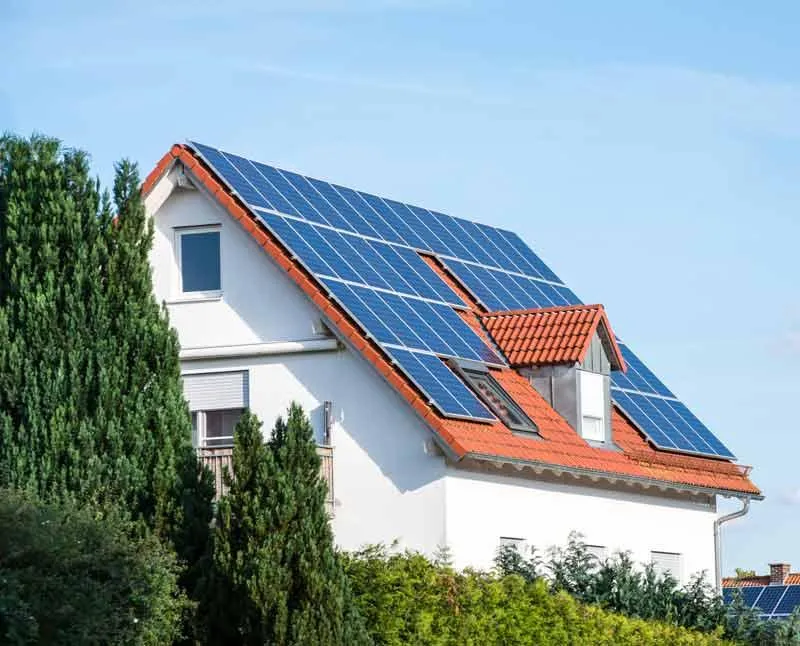VA
Homeownership Made Easy for Veterans and Active Military
Why choose VA Loans
VA loans offer numerous benefits that make them one of the best mortgage options available for qualifying individuals:
No Down Payment: One of the most significant advantages of a VA loan is the ability to buy a home without needing a down payment, making homeownership more accessible.
No Private Mortgage Insurance (PMI): Unlike many other loans, VA loans do not require PMI, which can save you hundreds of dollars each month.
Lower Interest Rates: VA loans typically offer lower interest rates compared to conventional loans, which means you save money over the life of your loan.
Easier Qualification: With more lenient credit requirements and flexible guidelines, VA loans are designed to make the process simpler for veterans and active-duty members.
Limited Closing Costs: The VA places limits on what lenders can charge in terms of closing costs, keeping the out-of-pocket expenses manageable.

VA Loan Eligibilty
To be eligible for a VA loan, you must meet one of the following criteria:
You have served 90 consecutive days of active service during wartime.
You have served 181 days of active service during
peacetime.
You have more than 6 years of service in the National Guard or Reserves.
You are the surviving spouse of a service member who died in the line of duty or due to a service-related disability.
If you meet these requirements, you could be on your way to owning your dream home with a VA loan!
Get Started Today!
If you’re a veteran, active-duty military member, or surviving spouse, you’ve earned the right to take advantage of a VA loan. Whether you're buying your first home or refinancing an existing mortgage, we're here to guide you through the process every step of the way.

Conventional Mortgages: A Comprehensive Guide
Conventional Mortgages: A Comprehensive Guide
When it comes to financing a home, conventional mortgages are a popular choice for many buyers. Unlike government-backed loans such as FHA or VA loans, conventional mortgages are not insured or guaranteed by the government. Instead, they are offered by private lenders and come with their own set of advantages and requirements. In this blog post, we'll explore what conventional mortgages are, their benefits, and what you need to know to determine if they're the right option for you.
What Is a Conventional Mortgage?
A conventional mortgage is a type of home loan that is not backed by a government agency. Instead, it is offered directly by private lenders such as banks, credit unions, and mortgage companies. Conventional mortgages can be classified into two main categories:
Conforming Loans: These loans meet the standards set by government-sponsored enterprises (GSEs) like Fannie Mae and Freddie Mac. They adhere to specific loan limits and underwriting guidelines. Conforming loans are often easier to qualify for due to their standardized requirements.
Non-Conforming Loans: Also known as jumbo loans, these exceed the loan limits set by Fannie Mae and Freddie Mac. Non-conforming loans typically have stricter credit requirements and higher interest rates but can be an option for buyers seeking larger loan amounts.
Key Benefits of Conventional Mortgages
Conventional mortgages offer several advantages that can make them an attractive option for many homebuyers:
Flexible Loan Terms: Conventional mortgages come with a range of loan term options, typically from 10 to 30 years. This flexibility allows you to choose a term that best fits your financial situation and goals.
Competitive Interest Rates: Conventional loans often come with competitive interest rates, especially if you have a strong credit profile. Lower interest rates can translate into significant savings over the life of your loan.
No Mortgage Insurance with 20% Down: If you can make a down payment of 20% or more, you can avoid paying private mortgage insurance (PMI). This can save you hundreds of dollars each month compared to loans that require PMI.
Higher Loan Limits: Conventional mortgages often have higher loan limits compared to FHA loans. This can be beneficial if you’re purchasing a more expensive home or need a larger loan amount.
Wide Range of Property Types: Conventional loans can be used to finance a variety of property types, including single-family homes, multi-family homes, and vacation properties, making them a versatile option.
How Conventional Mortgages Compare to Other Loan Types
When deciding between a conventional mortgage and other loan types, such as FHA or VA loans, consider the following differences:
Down Payment Requirements: Conventional loans typically require a higher down payment than FHA loans, which can be as low as 3.5%. However, with conventional loans, you can avoid PMI with a 20% down payment, which is not an option with FHA loans.
Credit Score Requirements: Conventional loans usually require a higher credit score compared to FHA loans. A good credit score is essential for securing favorable terms and interest rates with a conventional mortgage.
Mortgage Insurance: FHA loans require mortgage insurance premiums (MIP) regardless of the down payment amount. In contrast, conventional loans only require PMI if the down payment is less than 20%, and it can be removed once you reach 20% equity in your home.
Loan Limits: Conventional loans may offer higher loan limits compared to FHA loans, which is advantageous for buyers seeking to purchase higher-priced properties.
Qualifying for a Conventional Mortgage
To qualify for a conventional mortgage, you’ll need to meet certain criteria set by lenders, including:
Credit Score: While specific requirements vary by lender, a credit score of at least 620 is generally needed for a conventional mortgage. Higher credit scores can improve your chances of securing a lower interest rate.
Down Payment: Conventional mortgages typically require a down payment of at least 3% to 5%. To avoid PMI, a down payment of 20% is usually necessary.
Debt-to-Income Ratio: Your debt-to-income (DTI) ratio, which is the percentage of your monthly income that goes toward debt payments, should be 43% or lower. This ensures you have the financial capacity to handle your mortgage payments along with other debts.
Employment History: Lenders prefer to see a stable employment history, typically at least two years in the same job or industry.
How to Apply for a Conventional Mortgage
Applying for a conventional mortgage involves several steps:
Find a Lender: Research and compare different lenders to find one that offers competitive rates and terms for conventional mortgages.
Get Pre-Approved: Before house hunting, get pre-approved to determine how much you can borrow and show sellers that you’re a serious buyer.
Submit Your Application: Once you’ve selected a home, submit your mortgage application along with required documentation, such as proof of income, credit history, and details about your assets and debts.
Complete the Process: The lender will review your application, perform a credit check, and order an appraisal of the property. If everything is in order, you’ll move forward to closing, where you’ll finalize your loan and complete the purchase.
Conclusion
Conventional mortgages offer a range of benefits, including competitive interest rates, flexible terms, and the potential to avoid mortgage insurance with a substantial down payment. While they may require higher credit scores and down payments compared to government-backed loans, they are a versatile and attractive option for many homebuyers. If you're considering a conventional mortgage, consult with a lender to explore your options and find the best loan for your needs.

© Copyright 2024. Company Name. All rights reserved.
